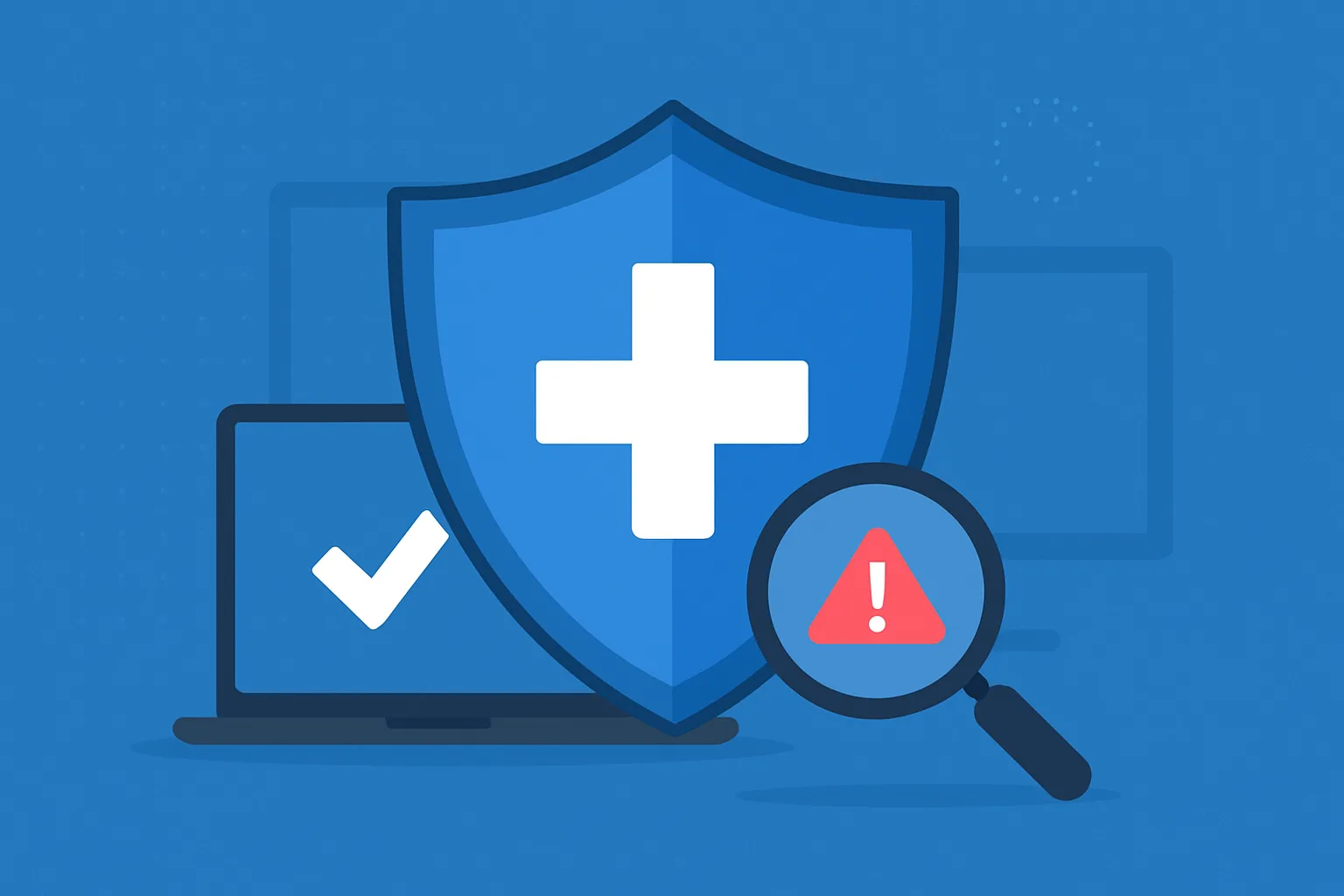When it comes to protecting your computer from viruses, malware, and cyber threats, the first line of defense is usually your antivirus software. For Windows users, the built-in solution—Microsoft Defender Antivirus (commonly called Windows Defender)—has become the default choice.
But the big question remains: Is Windows Defender good enough on its own, or should you invest in additional security software?
Let’s break it down.
What Is Windows Defender?
Windows Defender is Microsoft’s free, built-in antivirus program that comes pre-installed on all Windows 10 and Windows 11 systems. Unlike older versions, where users often needed to disable it in favor of third-party antivirus software, Windows Defender has matured into a comprehensive security suite.
It now includes:
- Real-time malware protection
- Firewall and network protection
- Ransomware protection
- Exploit protection
- Cloud-delivered updates
- Parental controls
- Built-in integration with Windows Security Center
The Pros of Using Windows Defender
1. It’s Free and Built-In
Unlike many third-party antiviruses that require a paid subscription, Windows Defender is included at no cost. No installation or setup is needed—it works straight out of the box.
2. Decent Malware Protection
Independent security tests consistently show that Windows Defender offers solid detection rates for most common threats, including viruses, trojans, and spyware.
3. Minimal System Impact
Unlike some heavy third-party antivirus software, Defender runs quietly in the background with little impact on system performance.
4. Regular Updates
Because it’s developed by Microsoft, Defender receives daily updates through Windows Update, keeping your system secure against newly emerging threats.
5. Ransomware Protection
Defender includes “Controlled Folder Access,” which blocks unauthorized programs from making changes to your important files.
The Limitations of Windows Defender
While Windows Defender is a capable security tool, it’s not perfect. Here are some of its drawbacks:
1. Average Detection of Advanced Threats
Defender performs well against common malware, but it can lag behind premium solutions when it comes to sophisticated threats like zero-day exploits and advanced ransomware attacks.
2. Limited Extra Features
Third-party security suites often include extras such as:
- VPN services
- Password managers
- Advanced firewalls
- Dark web monitoring
- Identity theft protection
Windows Defender doesn’t offer these, so users looking for an all-in-one package may feel it’s lacking.
3. User Experience and Alerts
While Defender has improved its interface, it can sometimes be less intuitive compared to premium antivirus dashboards. For casual users, settings like “Controlled Folder Access” may feel confusing to manage.
4. Business Use Cases
For home users, Defender is generally sufficient. However, businesses handling sensitive data often require enterprise-level solutions with centralized management, advanced threat detection, and compliance features beyond Defender’s scope.
When Windows Defender Is Good Enough
For most everyday users—those who browse safely, avoid suspicious downloads, and keep their systems updated—Windows Defender provides sufficient protection. Its integration with Windows, low resource usage, and steady improvements make it a strong baseline security tool.
When You Might Need More Than Defender
You should consider a third-party antivirus or security suite if:
- You regularly download software from unfamiliar sources
- You handle sensitive financial or client data
- You want advanced features like a VPN or password manager built in
- You want added layers of phishing and identity theft protection
Tips to Strengthen Windows Defender Protection
If you plan to stick with Windows Defender, here are steps to maximize your security:
- Keep Windows updated regularly
- Enable Controlled Folder Access for ransomware protection
- Use a strong password or passphrase (and enable Windows Hello if available)
- Turn on automatic sample submission to Microsoft
- Pair it with good digital hygiene (don’t click suspicious links or attachments)
Final Verdict: Is Windows Defender Good Enough?
Yes—Windows Defender is good enough for most users in 2025. It provides reliable protection against common threats, integrates seamlessly with Windows, and doesn’t cost a thing.
However, if you’re a power user, business professional, or someone looking for premium features like a VPN, identity protection, or multi-layered security, then supplementing Windows Defender with a paid solution could be worth it.
In short: Windows Defender is no longer the weak option it once was. For many, it’s all the protection you need—provided you practice safe browsing habits and keep your system updated.


